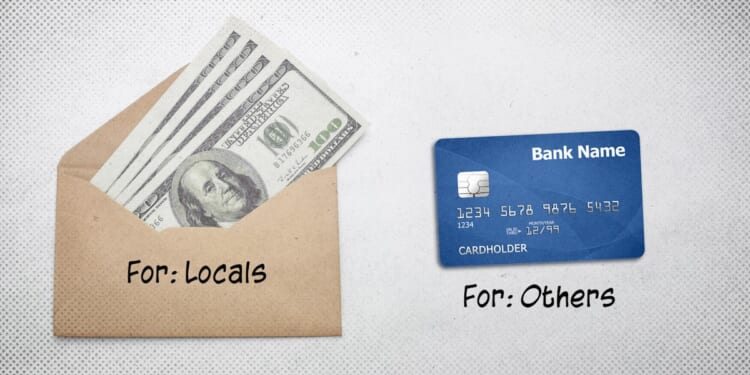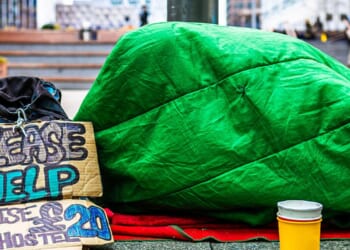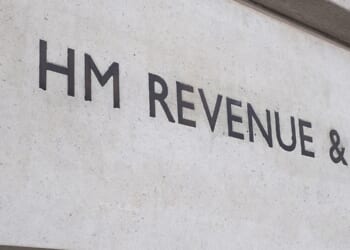Those of us who are a certain age remember the time when it was common to tuck a $10 or $20 bill above the car visor in case of an emergency and to keep a wallet full of cash. But these days, many fewer people carry cash because the unexpected is handled with a credit card, as are more and more daily expenses. While we pay for the convenience with interest rates up to and exceeding 25% per year on certain cards, those who accept them pay as well: credit card providers charge a “swipe fee” that can run two to four cents on the dollar. That $200 emergency charge on a credit card will cost the user even more if there’s a balance to accrue interest, and it will also cost the retailer up to $8.
Relief could be on the horizon, though, if the courts handling the cases approve. Earlier this week, Visa and Mastercard announced a settlement of a two-decade-long legal battle that will significantly cut swipe fees, with the trade-off being the ability for merchants to charge different amounts for different types of cards.
“No longer would merchants have to ‘honor all cards,’” explains AnnaMaria Andriotis of The Wall Street Journal. “Instead, they can reject credit cards that charge merchants bigger fees for each transaction, a concession Visa, Mastercard, and banks have balked at for ages. Big merchants have fought for many years to break the rule, making the settlement at least a big symbolic win, but they will still lack the total freedom to choose which cards they accept, leaving the real-life impact unclear.”
“The settlement would go a step further, allowing different surcharges depending on the category the card falls into,” adds WSJ cohort Imani Moise. “A basic, no-frills credit card, for instance, might come with a surcharge of 2.5% of the transaction amount, versus 3% for a rewards card.” While there was possible congressional interference in lieu of the deal, it appears the long saga could be coming to a close without the “help” of the federal government.
But there’s still the matter of the estimated $180 billion in swipe fees that credit card companies collect each year, according to industry data, which allegedly affects 80% of users. The better relief, according to Karen Harned, who formerly led the NFIB Small Business Legal Center, would be to pay cash and avoid giving retailers the hassle of paying out these fees. “Most customers don’t realize that a percentage of every credit card purchase goes to big banks and card companies instead of the local store they’re trying to support,” said Harned. “If you want to help small businesses, or avoid these fees yourself, paying with cash is one way to do it.”
To that end, Harned has created a website called Swipeflation, an informational site where she makes the case that small businesses are the most harmed by these fees. “On top of years of rising prices due to inflation,” the site claims, “rising costs for everything from labor to supplies to rent and utilities have squeezed the margins of small businesses because they have less capacity to absorb inflation than larger companies.” Instead, the site advocates for paying cash, just like we did in the old days. As of now, it’s still legal tender.
“No one wants an upset customer who is being asked to pay a fee to use their credit card,” Harner continued. “What they want is to give them a better understanding of why they are asking, and how cash payments are a better alternative to keep the local merchant in business.”
Credit cards may be the most seductive form of payment out there, but the only ones who really seem to benefit are the big financial lenders. After all, it’s their money being used for a (sometimes hefty) fee. We’ve heard the old line about the government putting things on their credit card of deficit spending, so why should we be using money we don’t have for little tangible benefit? And even if one is addicted to swiping the plastic, there exists an alternative. Debit cards work just like credit cards, but without the fees businesses pay to accept them. Regardless of whether it’s cash or debit, spending within our means unless it’s a dire emergency or an investment like a house is always the best practice.

















